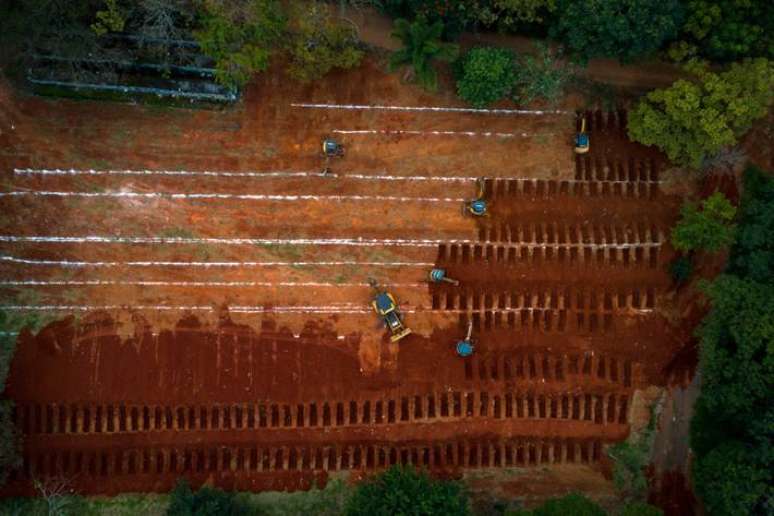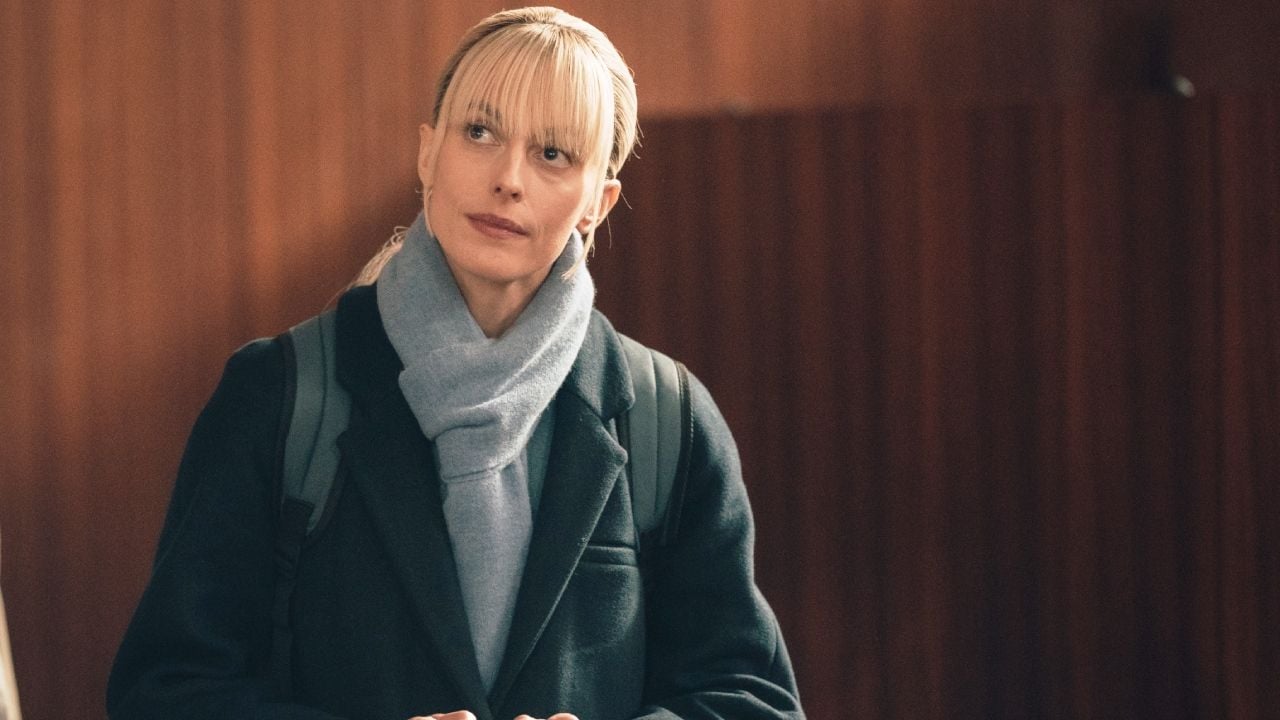The biggest health crisis of the century has profoundly changed health, education, work and science
After more than three years, the World Health Organization (WHO) announced this Friday, the 5th, that the COVID-19 no more health emergency of international importance, the highest level alert of the organization. It is a historic day after the declaration of the new coronavirus alert in late January 2020.
The disease has claimed more than 7 million lives worldwide, a number that could be even higher given the high underreporting in several countries – experts estimate there are around 20 million victims. The pandemic has profoundly changed the daily life of everyone across the planet. “Covid has changed the world,” said the WHO director-general Tedros Adhanom.
Do you remember what the world was like before the pandemic? What has returned to normal and what has really changed since the virus entered our lives? Here are some key changes caused by the health crisis:
Health
If a pandemic affects everyone’s life, healthcare sees the changes first and most dramatically. In hospitals, they learned how to manage the bed and intensive care, as well as the development of therapies and drugs.
Due to the need for social isolation to curb contagion, telemedicine, a set of practices related to the use of information technology in health care settings, has progressed rapidly. For specialists, this is an opportunity to expand access to care for a poor population and in remote areas, with the challenge of ensuring quality.
Another change concerns hygienic habits and epidemic prevention. Simple actions, like washing your hands often and avoiding touching your face, or covering your mouth and nose with your arm when you sneeze, make all the difference. But, of course, many people have already forgotten these protocols – have you? Do you still wear a mask when symptoms appear?
Education
The pandemic has made schools reflect on new ways of working the teaching-learning process by imposing almost two years of total or partial removal from the classrooms. Students and teachers have had to adapt to remote practices, basically through computers, mobile phones and tablets – a digital revolution that has anticipated the transformations that were already taking place in the classroom.
On the other hand, the long quarantine has reinforced the importance of the school in welcoming students and families, both in the pedagogical and emotional aspects. Faced with isolation, some colleges have begun to pay more attention to skills that go beyond exam results. In this context, social-emotional skills receive special attention.
In addition, the side effects will need to be addressed for many years: social inequalities, learning inequalities and high drop-out rates.
Work
The pandemic has changed the way we work. A concept that was on the radar of companies, but remained uncertain, has been installed forever: remote work (home office). Several segments of the economy have been forced to work from home, resulting in a merger between home and work that is unlikely to be undone.
In the transition between isolation and return, hybrid models gained strength in companies (at the beginning, complete with a mask and alcohol gel). Expecting workers to come to the office five days a week is a thing of the past in many companies. In addition, the home office has reduced costs with transportation bills, space rental, water, electricity and internet in the offices.
But working in an office – or even having a job – is not everyone’s privilege in Brazil, where the pandemic has exacerbated inequalities, unemployment and even the number of homeless people. In the health crisis, social inequalities and the diversification of informal jobs or jobs with precarious conditions have worsened, as happened for delivery boys, a sector that has seen an increase in demand.
Science
The pandemic has motivated a global vaccine rush, which has mobilized researchers, pharmaceutical companies and governments. The first large-scale vaccinations began in December 2020, less than a year after the first infection was reported to WHO, which represented an extraordinary achievement of science. The vaccines have been tested and approved and, less than a year after the announcement of the first studies, the vaccine has arrived – with guarantees of safety and efficacy – in the arms of the people.
If the majority of humanity has never been so grateful to scientists, this mobilization has been accompanied by the advance of disinformation, catapulted by the speed of technologies and social networks. In Brazil, denialism and fake news, including by the authorities, have undermined the adoption of prevention strategies, such as the use of masks, and adherence to the vaccine.
And, if it was the group behind the laboratory benches that saved us, the health emergency has shown the need for permanent investments in research and cooperation between scientists, such as the sharing of data and teams.
html[data-range=”xlarge”] figure image img.img-3e38c6f656dabf790ae426b6e18ecfdd5del0wof { width: 774px; height: 516px; }HTML[data-range=”large”] figure image img.img-3e38c6f656dabf790ae426b6e18ecfdd5del0wof { width: 548px; height: 365px; }HTML[data-range=”small”] figure image img.img-3e38c6f656dabf790ae426b6e18ecfdd5del0wof, html[data-range=”medium”] figure image img.img-3e38c6f656dabf790ae426b6e18ecfdd5del0wof { width: 564px; height: 376px; }
Source: Terra
Ben Stock is a lifestyle journalist and author at Gossipify. He writes about topics such as health, wellness, travel, food and home decor. He provides practical advice and inspiration to improve well-being, keeps readers up to date with latest lifestyle news and trends, known for his engaging writing style, in-depth analysis and unique perspectives.








